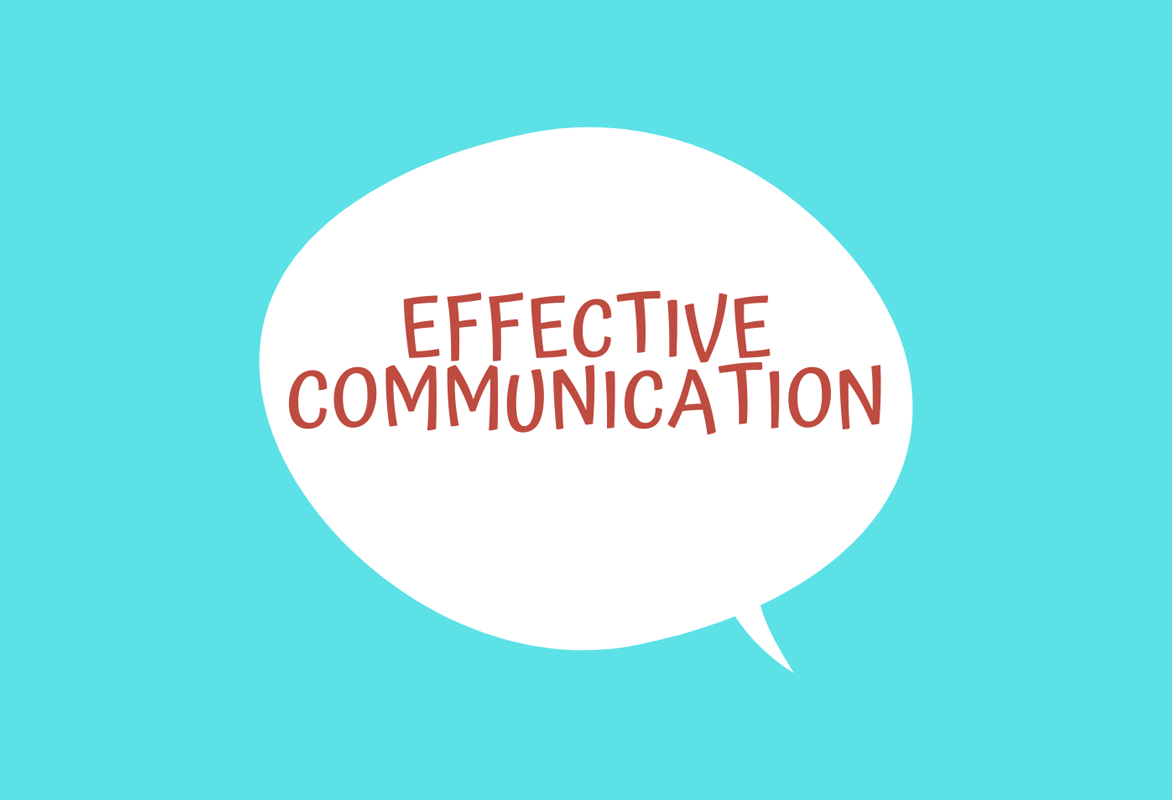
- Make sure your nonverbals match your message. When all channels are tuned in to the same frequency, the message gets through more clearly. Whenever there is a mismatch, we tend to believe the nonverbal message. Often, our nonverbals are based on habit, and we may not even be aware of what messages we are sending. For example, if you have a serious message, but deliver it with a smile on your face, your listener is likely to discount your seriousness. Therefore, take time to be aware of your nonverbals, and decide whether they are helping or hindering your communication goals.
- Eliminate barriers. Noisy rooms, distractions, or bad timing can cause your message to get lost. When you need to have a conversation, choose a good time for both parties, and find a quiet place where you won’t be interrupted. Whether you are having a social conversation or a serious business discussion, finding the right time and place can make all the difference.
- Eliminate weakening words. Kind of, sort of, could, might, maybe, hopefully, I think, I guess—all of these weaken your message. Consider the difference between these two sentences:
“I was kind of hoping we could sort of discuss this and maybe come up with a solution that I guess we could both hopefully live with.”
OK, that is an exaggeration, but you can see how the actual message gets lost when you add too many qualifying words. Instead:
“Let’s discuss this issue and identify a mutually acceptable solution.”
You probably won’t get rid of every qualifying word or phrase, but cleaning out the excess will help you be a more direct, impactful communicator.
- Eliminate vague words. A little, a lot, many, not too much, soon, as soon as possible—any of these words can easily be misinterpreted, leading to major misunderstandings. Edit your words so that your meaning is clear.
Unclear:
“I would like you to clean up that report a little, and get it back to me as soon as possible.”
Much more clear and effective:
“Please make the changes we discussed, and email the expense report to me by 4:30 tomorrow.”
- Check for understanding. You thought you were clear, but did your message get through? Before you end the conversation, check to be sure. It is a great practice to ask the other person what they heard, or to summarize your conversation, or recap what actions each of you will take as a result of the conversation. And take time to capture your own version of the conversation. Even a short statement such as, “I’m glad we could clear up this issue.” or “I will be waiting to see your final report.” summarizes your understanding of the conversation and what it means.
Communication is never perfect, but by following these guidelines you will have a great start to being a clearer, more effective communicator.
 Sections of this topic
Sections of this topic
















